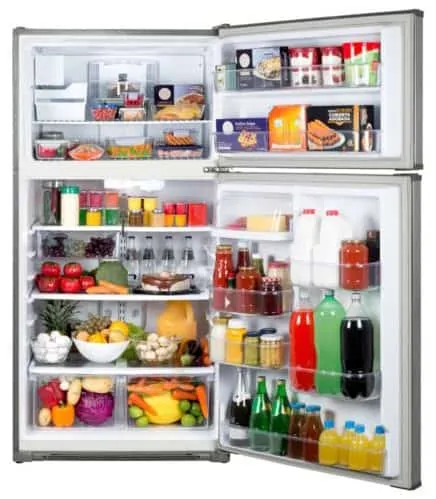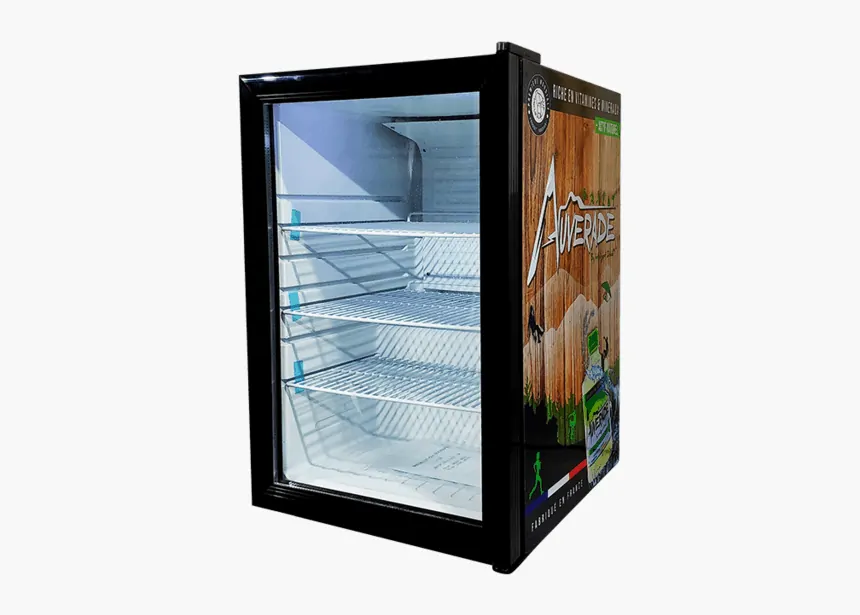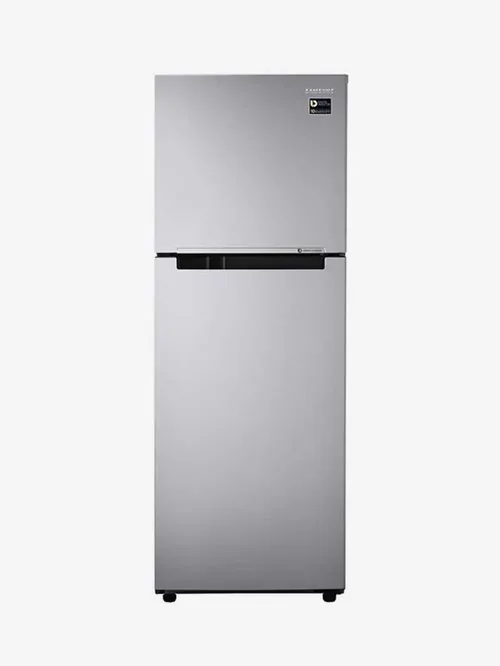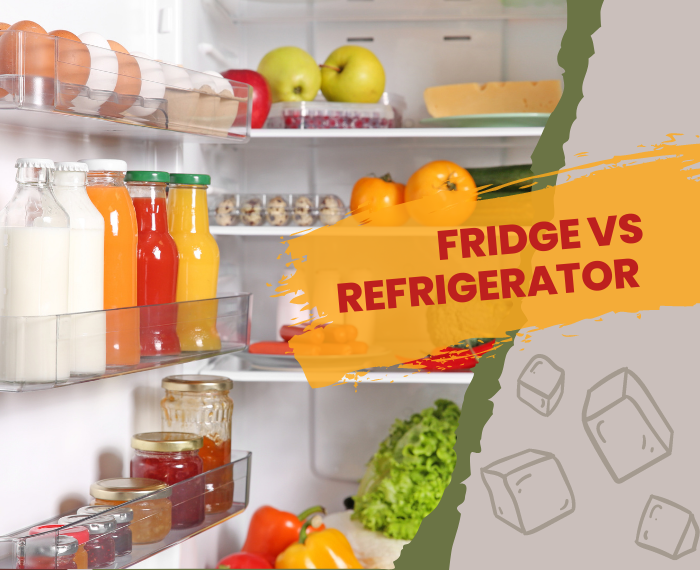Do you believe in the theory that says “you can tell a lot about people by what they keep in the refrigerators”?
Well, whether you believe in it or not, there is a thing about refrigerators: they are usually used interchangeably with the fridge!!
While most people are aware of what the fridge and the refrigerators do, what most cannot seem to answer is that both these things are actually different from each other.
Though the two belong to the same family and perform a rather similar task of maintaining the standard temperatures to preserve items,
The differences exist and are rather uncanny.
History and Frigidaire
Frigidaire, a celebrated leader in white goods or other major household appliances, is the inspiration behind the words refrigerator and the fridge.
Frigidaire, originally Called Guardian Refrigerator Company, was founded in 1916 at Fort Wayne, Indiana. Nevertheless, the name was shifted to Fridgidaire in 1919 when General Motor creator, William C. Durant, spent in the organization.
Quick forward, the business became a massive success, and it is here that individuals derived the term refrigerator to utilize it for their first Frigidaire models.
Later on, further progress in technology resulted in the makeovers and overhaul of the conventional refrigerator and consequently came in the toaster.
In the minimum, it will be right to presume that both these appliances have the same household and execute much or less similar jobs.

Fridge vs. refrigerator (the difference)
The word fridge being easy to pronounce and even easier to write due to less alphabets, when compared to a refrigerator is being used as a slang in our day to day life.
But the experts in the industry would still never refer to a refrigerator as a fridge.
Now other than the spelling difference is there any stank difference between the two?
Well yes the different functionalities of the two define them.
Refrigerator is a cooling device that is a common household appliance with two compartments for maintaining different temperatures. While the larger compartment keeps food items and other perishables at a cool temperature just above freezing point of water (3 to 5 degrees Celsius), the smaller compartment is called a freezer as it has inside temperatures below freezing point.
Making it a refrigerator + freezer combo.
Now you cannot freeze in a freezer and this is why the new name fridge was coined which is a shortened version of the same word refrigerator as obliterating a few alphabets from the front and the end gives us fridge albeit with a minor difference.
A common example of refrigerators are the ones installed in our homes and the big wide glass window ones that can be seen in restaurants and other commercial places.
Fridges due to their compact sizes can be seen as an addition in small bars and in hotel rooms.

The purposes:
To this end, it’s evident that size is one of the significant differences between these two models. And as it follows, the two products are used for different purposes.
Though both of them preserve items in lower temperatures, refrigerators bear more cooling and freezing power than fridges.
The temperature and functionality differences
Yes, the operational temperatures between the equipment differ, as well ordinarily refrigerators are programmed to maintain the temperature a few degrees above the freezing point of water, for optimal temperatures for preservation. The freezer compartment on the refrigerator helps to maintain the temperatures below freezing point meaning food items can be stored and will stay frozen until they are taken out.
Fridges, on the other hand, particularly the small ones are programmed to maintain lower temperatures. So that the components inside maintain a cool temperature.
Refrigerators as we have mentioned earlier are an upgraded version of the fridge and are typically more powerful than the ordinary fridge. Also, the refrigerator offers a freezer compartment which translates to more space meaning you can store more items compared to a fridge.

Common Mistakes for Storing Food
A busy household may require a lot of food, leading to the refrigerator and/or freezer getting overloaded with perishables. Both appliances work better when they are not stuffed to overflowing but about two-thirds full. The items within the freezer and refrigerator compartments help keep the appliance at the ideal temperature. Each item works as a sort of thermal battery.
Root vegetables, such as carrots, radishes, tomatoes and peppers, can deteriorate faster or lose their flavor when stored in the refrigerator. Items stored in zip-top freezer bags should be used sooner than later. If you plan to freeze food for more than a month, wrap it in foil. The key is to insulate the food from air and frost.
What should you use?
While a refrigerator will be more useful to you for storing items used in your domestic life, it does not mean a fridge will be of no use. In fact, leftovers, bread and pasta, packaged goods and even water and fizzy drinks can last a long time in the fridge. Wine and beers can also be stored and chilled in a fridge, but for optimal results, wine coolers will do a better job at it than fridges.
The fridge is particularly handy for storing items such as fizzy drinks, bread, pasta, water, and packaged goods. Similarly, wine and beers can also be stored on the fridges.
Nevertheless, a refrigerator is an ideal option for storing edibles, especially rich-hearty materials such as veggies, meat, fish, dairy products, and poultry.

Final Thoughts: which is better?
There is no specific answer to this question. This is because the choice out of the two is completely subjective and will be completely based on the personal preferences, need and affordability.
If your need is just to preserve the small quantity of food, then the Fridge will be sufficient to fulfill your needs. You can go ahead with opting for the Refrigerators in case you need to store large quantities of food or you wish to avail the facility of Freezing.
Thus, both are best for the purpose this fulfill. It’s just the personal needs and preferences which could influence the choice of an individual.
The efficacy of either model will, however, depend on your storage needs. And with either equipment, be sure to accept certain limitations. At the end of the day, however, your storage needs and preferences will determine which equipment is perfect for you.
Related Posts:
- How Many Watts Does a Mini Fridge Use? - 2022 Guide
- Can you put a microwave on top of the fridge (Is it okay?)
- What Is the Difference Between Barbacoa and Carnitas?
- What is the Difference Between Indian and Nepalese Food?
- Simply Calphalon Vs Calphalon : What is the…
- Difference Between Nutribullet And Magic Bullet
